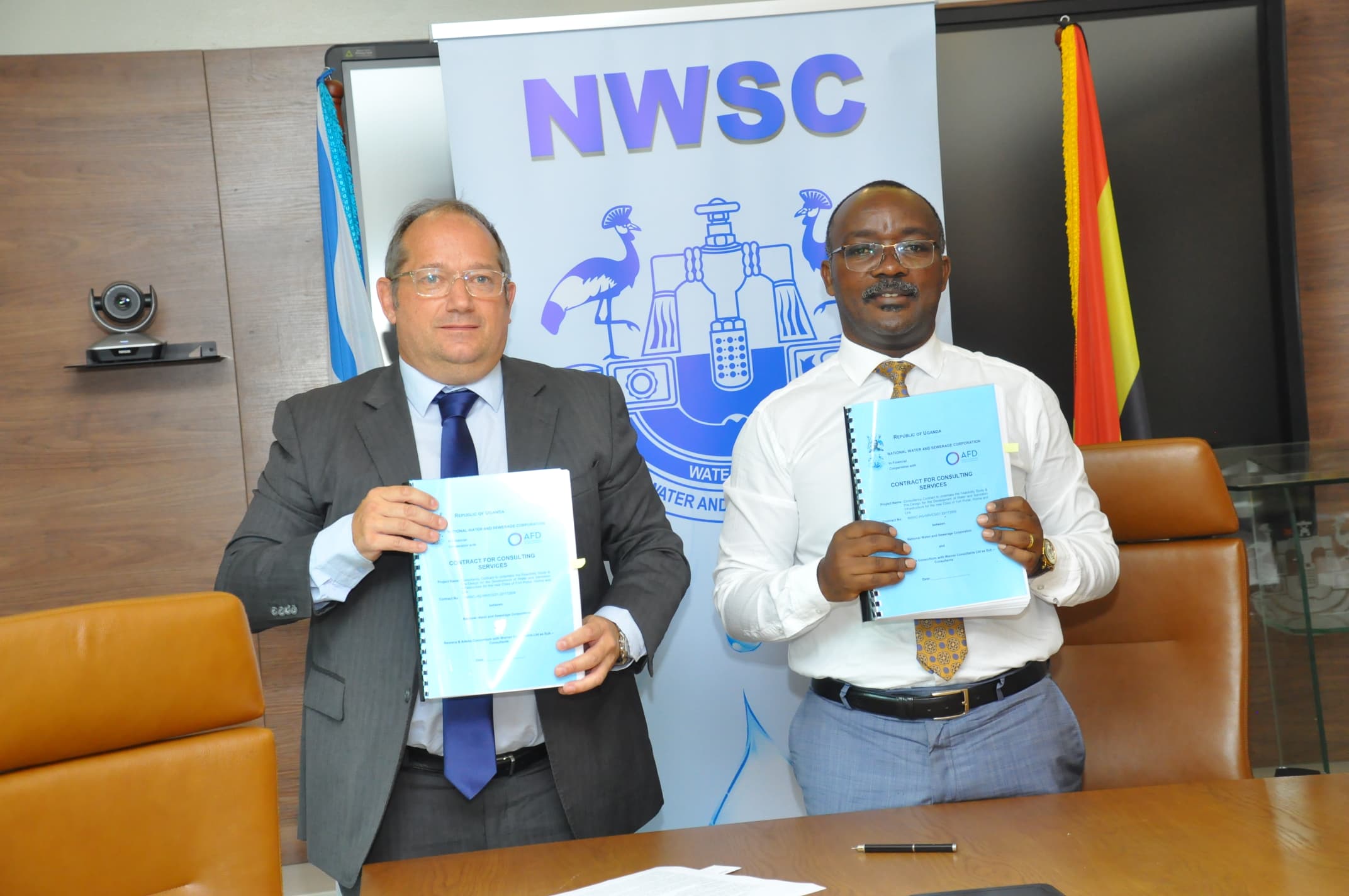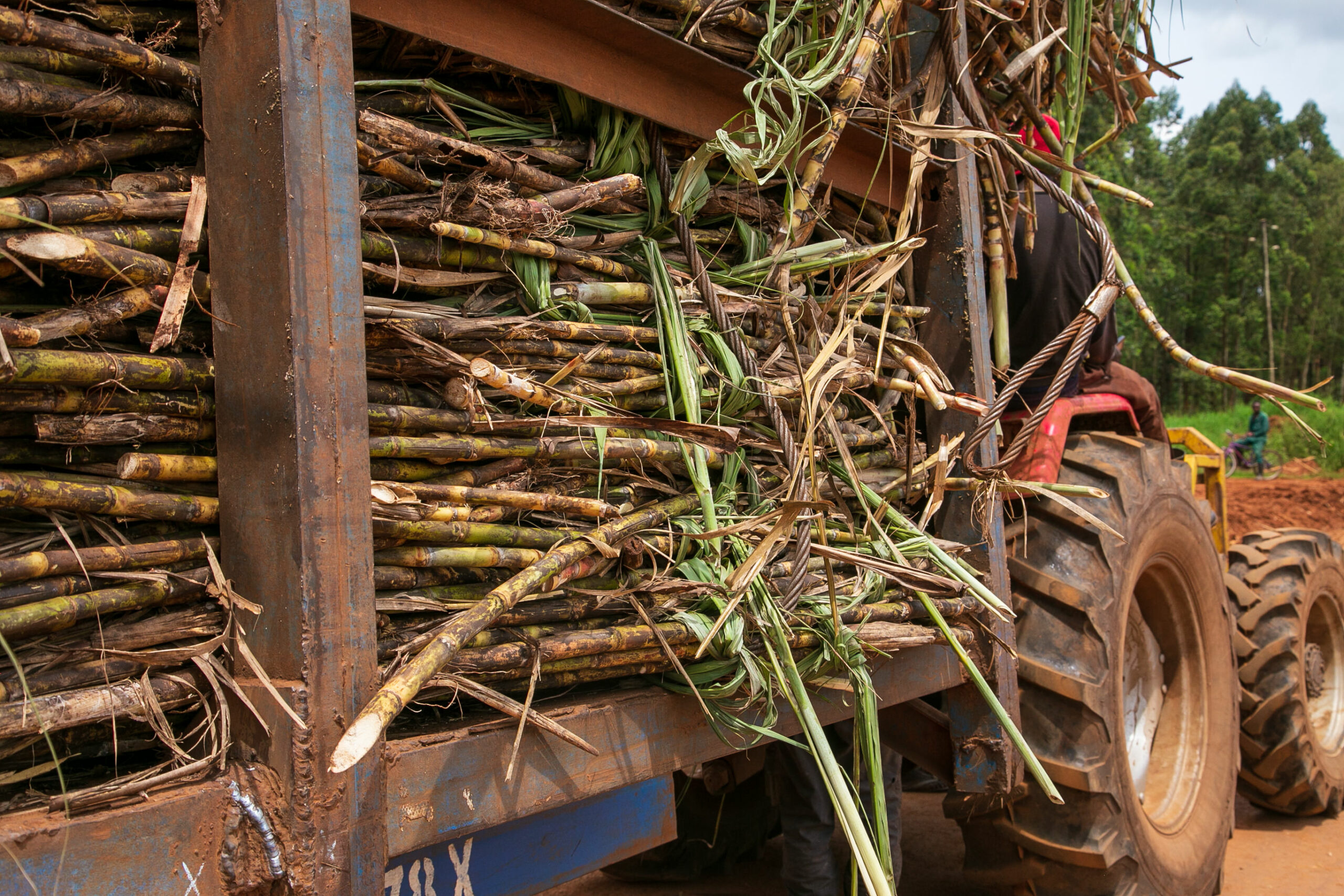The release of the 2023 Corruption Perceptions Index has brought forth a noteworthy landscape mark of progress and persistence in East Africa. As nations grapple with the pervasive challenge of corruption, the latest findings reveal a mixed picture.
While Uganda manages to maintain its standing with an unchanged score, neighboring countries Rwanda and Tanzania emerge as beacons of improvement, showcasing commendable strides in the fight against corruption.
This index not only serves as a benchmark for evaluating transparency and integrity but also underscores the dynamic efforts of nations in the region to address corruption head-on.
In the report by Transparency International six hours ago, in East Africa, Rwanda emerged as the frontrunner with a notable score of 53, showcasing a positive progression from last year’s score of 51. This advancement propels Rwanda to the 49th position among countries actively combating corruption.
Meanwhile, Tanzania demonstrates improvement, elevating its score from 38 to 40 and securing the 87th rank. In contrast, Kenya experiences a slight decline, moving from 32 to 31 points and now stands at the 126th position. Notably, Uganda maintains its score of 26 points, reflecting a decrease from the 27 points achieved in 2020. These nuanced shifts underscore the dynamic nature of anti-corruption efforts in the region.
Uganda, with its consistent score, reflects the challenges of combating corruption that persist despite various initiatives and reforms. The index sheds light on the need for sustained efforts and targeted strategies to create a more transparent and accountable governance structure. As Uganda navigates its position on the corruption scale, the findings prompt a critical examination of existing anti-corruption measures and a call for renewed focus on implementing effective reforms to address systemic issues.
However in stark contrast, Rwanda and Tanzania have emerged as success stories in the fight against corruption, showcasing significant improvements in their scores. These positive strides underscore the commitment of these nations to fostering environments of transparency and accountability.
The progress observed in Rwanda and Tanzania may serve as inspiration for neighboring countries, offering valuable insights into effective anti-corruption strategies that yield tangible results. As East Africa navigates the complex terrain of corruption, the divergent trajectories of these nations present an opportunity for shared learning and collaborative efforts in building a more accountable and ethical future for the region.
Meanwhile, for the sixth consecutive year, Denmark secures the top spot in the rankings, boasting a commendable score of 90. Following closely behind are Finland and New Zealand, with scores of 87 and 85, respectively. The top 10 is further comprised of Norway (84), Singapore (83), Sweden (82), Switzerland (82), the Netherlands (79), Germany (78), and Luxembourg (78).
On the flip side, nations grappling with conflict, restricted freedoms, and weak democratic institutions consistently find themselves at the lower end of the spectrum. This year’s bottom performers on the Corruption Perceptions Index include Somalia (11), Venezuela (13), Syria (13), and South Sudan (13). Yemen (16), Nicaragua (17), North Korea (17), Haiti (17), Equatorial Guinea (17), Turkmenistan (18), and Libya (18) trail closely behind, reflecting the challenging landscape faced by countries dealing with political instability and governance issues.
Overall performance only 28 improved, 34 countries declined while 118 countries stayed the same.
Do you have a story in your community or an opinion to share with us: Email us at Submit an Article









